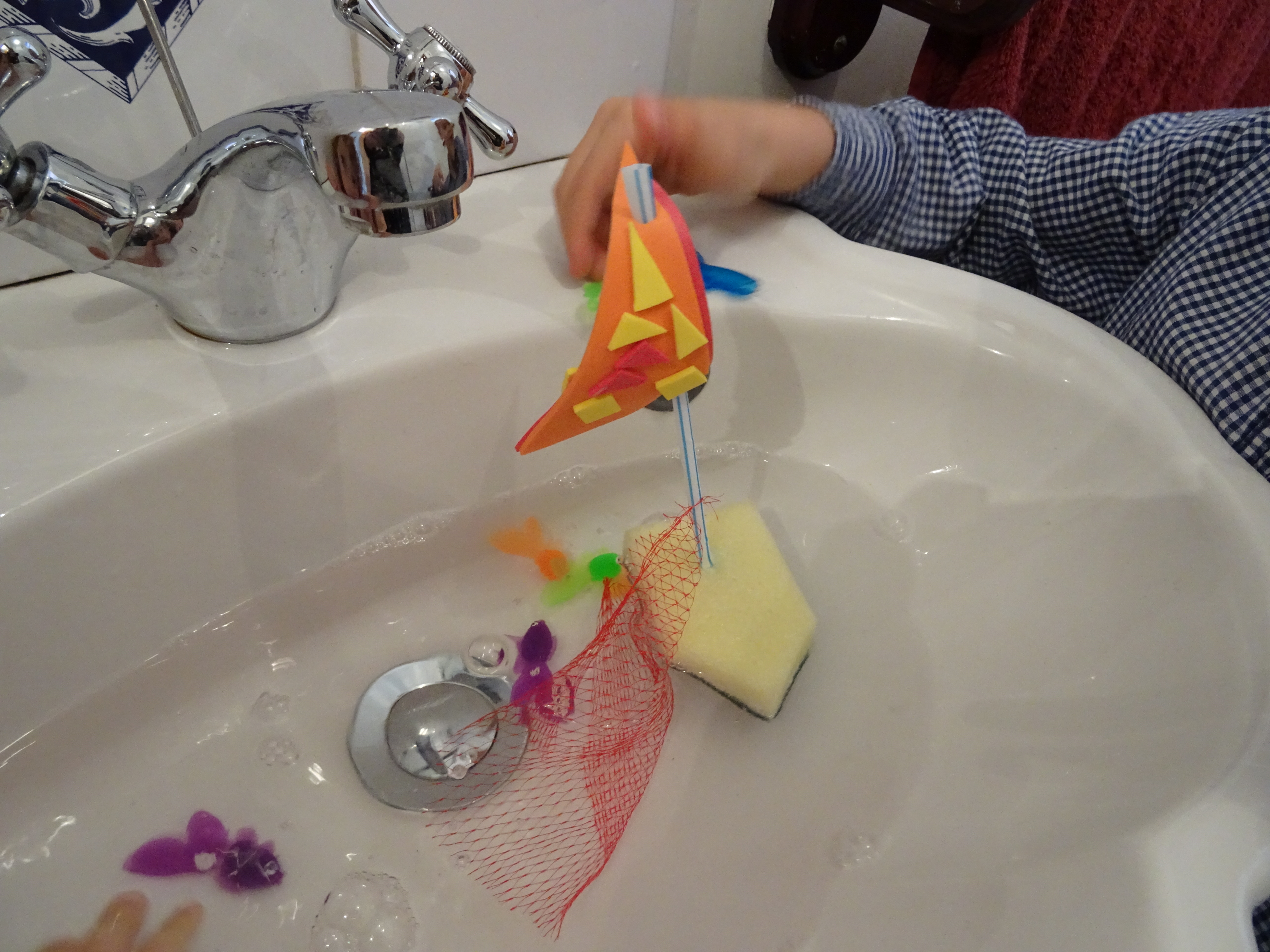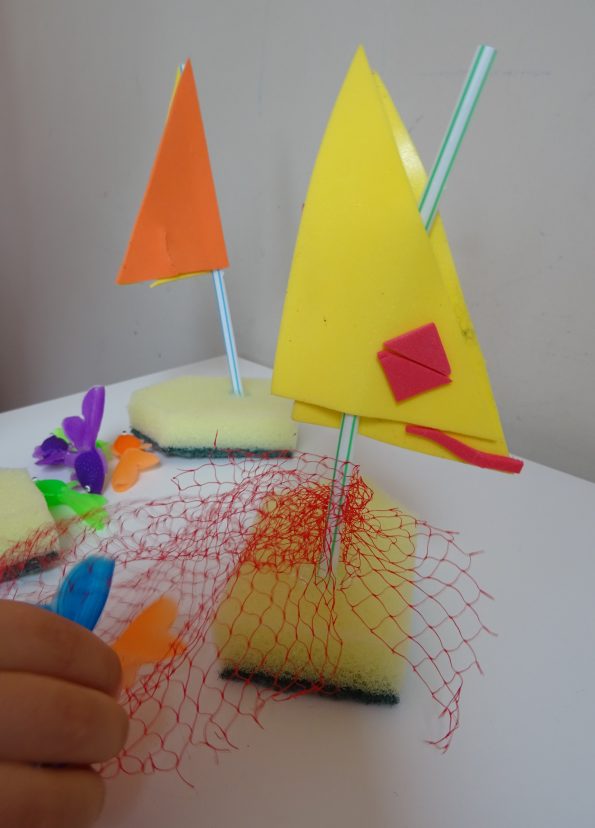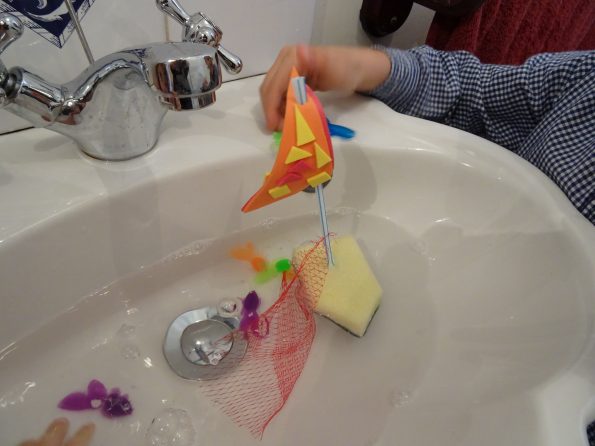
Pause

The English language is full of proverbs reminding us we are short on time and ought to act NOW…
‘There is no time like the present’
‘The early bird catches the worm’
‘Never put off until tomorrow that which can be done today’
…to name just a few.
But what does the Bible say?
Proverbs 21:5 reads “the plans of the diligent lead to profit as surely as haste leads to poverty.” …faster is not always better.
In our world today, it is so easy to rush into words or actions – even ‘good actions’ – without thinking them through, counting the cost and enquiring of God first. But this is not a new phenomenon, as a few examples from the Bible will illustrate:-
There was Joshua who jumped into a peace treaty with the decietful Gibeonites before enquiring of God (Joshua 9:14-15).
Later Uzzah reached out and grabbed the Ark of God to stop it falling when the oxen stumbled. According to God’s law he was not supposed to touch the ark and as a result was struck down dead. (2 Samuel 6:6-7)
And there was Martha who rushed around to prepare food and wanted Jesus to tell Mary to help, instead of sitting listening to his teaching. “Mary has chosen the good portion” Jesus told Martha (Luke 10:41-42).
All these things seem good on face value: making a peace treaty, stopping a holy object from being damaged, and showing hospitality.
But what do they all have in common? In each case people were looking to the material rather than to God for guidance.
Joshua was no doubt concerned with responding immediately to the group of tired travellers and did not take time to reflect on the situation and enquire of God. Uzzah was looking at a treasured possesion and forgot God’s instruction. Martha was more concerned with providing a fancy meal for her guests than listening to Jesus words.
Speaking personally, it is so easy to rush into commitments and respond quickly to present circumstances in order to be seen as ‘considerate’ (Joshua), ‘helpful’ (Uzzah), or ‘talented’ (Martha).
However this kind of reactive behaviour may not always be what God wants. As ever, looking to Jesus we find a wonderful example of thoughtful actions, timed perfectly, in spite of how this may have looked to the people around him.
When Jesus heard news that his friend Lazarus was sick, he did not rush to help. He could have travelled straight to him, or even healed him from afar as he did with the officials poorly son in John 4:49-53.
Instead, Jesus waited. People may have been thinking, “does Jesus really love him?”, “Doesn’t Jesus care if he dies?” “Why isn’t he doing something to help?” Or even “isn’t he able to help?”
When Jesus finally arrived at the house of Lazarus, his friend was already dead and buried. Jesus wept – showing that, yes, he did care. Jesus visited the tomb, confirming that yes he did want to help. Finally, he raised Lazarus from death to life – revealing that he is able not just to defeat ill health, but death itself.
In waiting, Jesus enabled God to be most glorified and the initially doubtful onlookers were shown his true nature, love and power.
In our own lives, we might wonder why God is not acting, or directing us to act, when it seems to us that what is needed is quick decisive action.
Real wisdom is not just about doing and saying the right thing, but doing and saying the right things at the right time. God – the only one who knows the full consequence of every word and action – is the best judge of timing.
We should look to him and, with stillness and peace, diligently plan our steps.
This is, of course, not an excuse to be lazy. There is a time for action (Proverbs 6:6-8). Rather, it is simply a reminder not to get caught up in the rush of the world.
Peter’s Boat Craft


Peter was often one to rush into speaking without thinking things through. But thankfully Jesus never gave up on him.
His fishing boat features in quite a few Bible stories. Last week I made these with the kids and each morning we looked at a different story featuring his boat. (We extended it a little to look at the story of Jonah too).
These boats are a craft adapted from ‘The Big Book of Bible Crafts‘.
You will need:
Sponge
Straw
Self adhesive foam sheets (we used these)
Glue gun
Netting (we used the net from a pack of nectarines)
scissors
Instructions:
Cut corners off the end of the sponge and make a hole in the middle to insert straw.
Slide some netting onto the straw
Cut 2 triangular sails out of foam, and stick together.
Make a hole in the top and bottom of the sail using the scissors and insert the straw through them (alternatively stick the sails straight onto the straw, see pic above)
Use a glue gun (out of reach of small children) to glue the straw in place.
Decorate the sail (optional).
Let the kids play with them in the sink/bath or paddling pool encouraging them to re-enact the bible stories.
One Reply to “Pause”